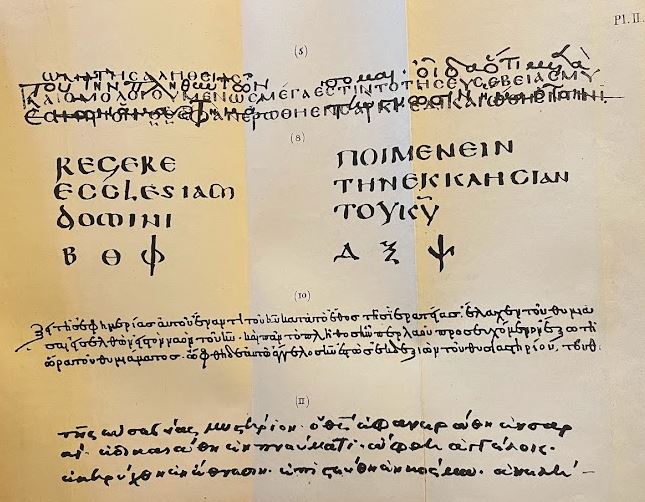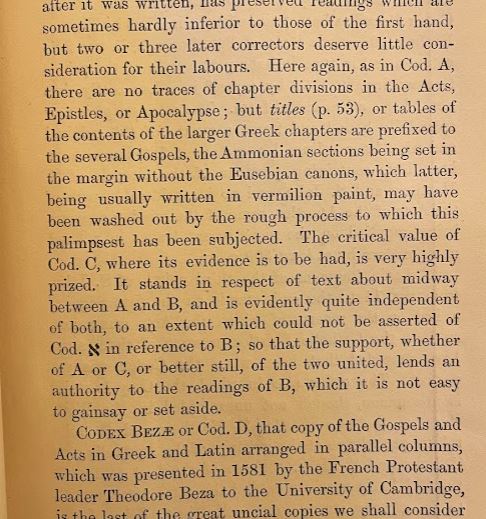The classical Greek term φιλολογία (philologia), originally meaning a love of learning or literature today references the study of written historical sources.

Philology is commonly defined as the study of literary texts and written records, the establishment of their authenticity and their original form, and the determination of their meaning.
The philogical tradition is based on a methodology that is in part explicit and in part implicit and largely unexamined. Its approach to the problem of meaning is deeply reductionist, as practical scientific inquiry tends to be. The meaning of a test is, for this tradition, largely a matter of the meaning of words and the syntax of sentences. The first category of information is dealt with by lexicographers, the second by grammarians. Once the reader knows the meanings of the words and understands the syntax of the sentence, that sentence has yielded its meaning.
There is nothing intrinsically mistaken about this approach but it is easily confused with contextually meaning. As Leonard Neidorf states, “the purpose of philology is to narrow the range of possible interpretations rather than to treat all reasonable ones as equal” (Neidorf, Leonard (2016). R.D Fulk and the Progress of Philology. Boydell & Brewer. p. 3.).

This is evident when one begins to look deeply into early texts of the Christian, Greek or Hebrew writings. Take for instance the word, ‘LOGOS’. What is the definition of logos? The Lexham Bible Dictionary defines logos (λόγος) as “a concept word in the Bible symbolic of the nature and function of Jesus Christ. It is also used to refer to the revelation of God in the world.” Logos is a noun that occurs 330 times in the Greek New Testament. Of course, the word doesn’t always—in fact, it usually doesn’t—carry symbolic meaning. Its most basic and common meaning is simply “word,” “speech,” “utterance,” or “message.”
Friedrich Max Muler (1823-1900) as a German born philologist and orientalist who lived and studied in Britian and was one of the first founders of Indian studies as he wrote (supervised), ‘The Sacred Books of the East, a 50-volume set of English translations. From his translations, generations read and studied the early writings of Hinduism. The limitation of ‘philology’ and ‘eurocentric’ assumed academic superiority was serverly critised by Guru Pandit Datta Vidyarthi in the late 1800’s. In Datta’s ‘The Terminology of the Vedas and European Scholars’ he writes: “Professor Max Muller and other European Scholars must not only be regarded as imperfect and incomplete but all together false. Nay, in the light of true reason ad sound scholarship, we are forced to admit their entire ignorance of the very rudiments of Vedic language and philosophy.” (ref)
in progress….